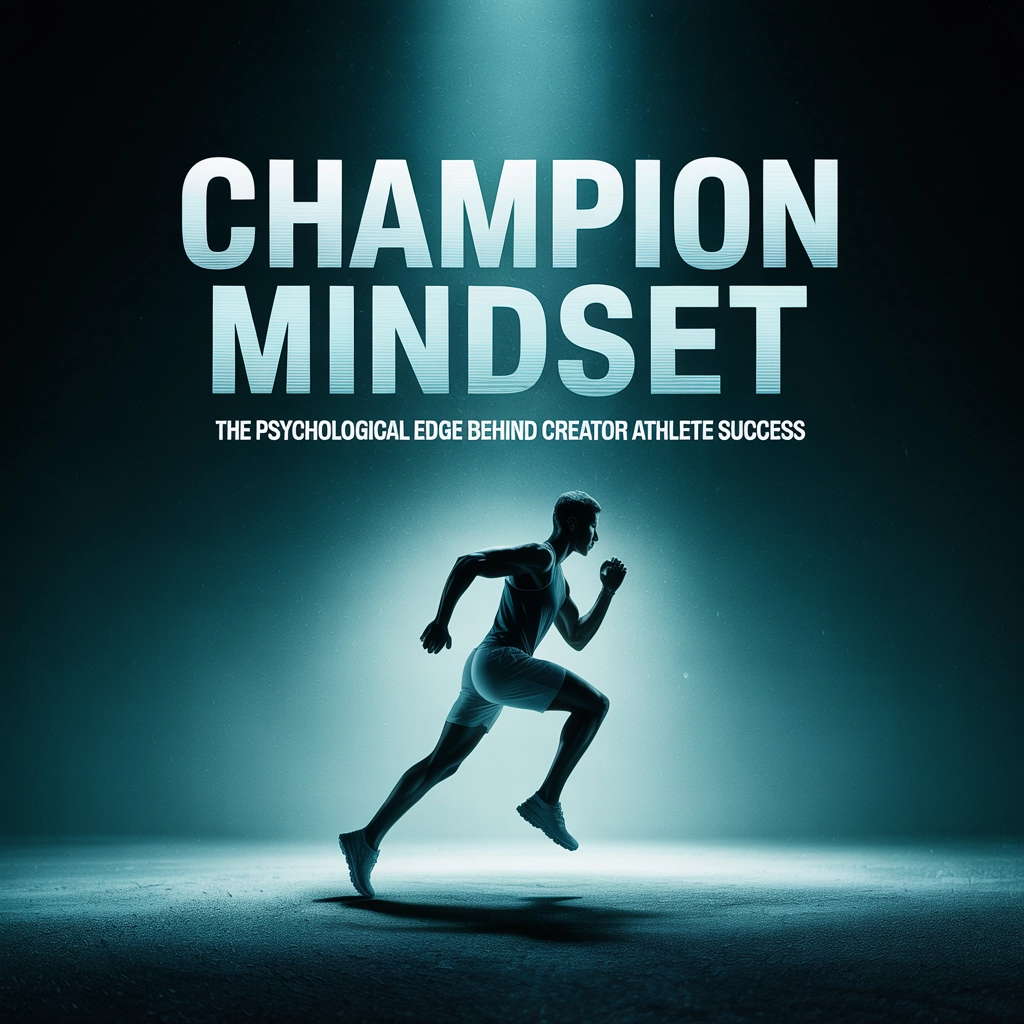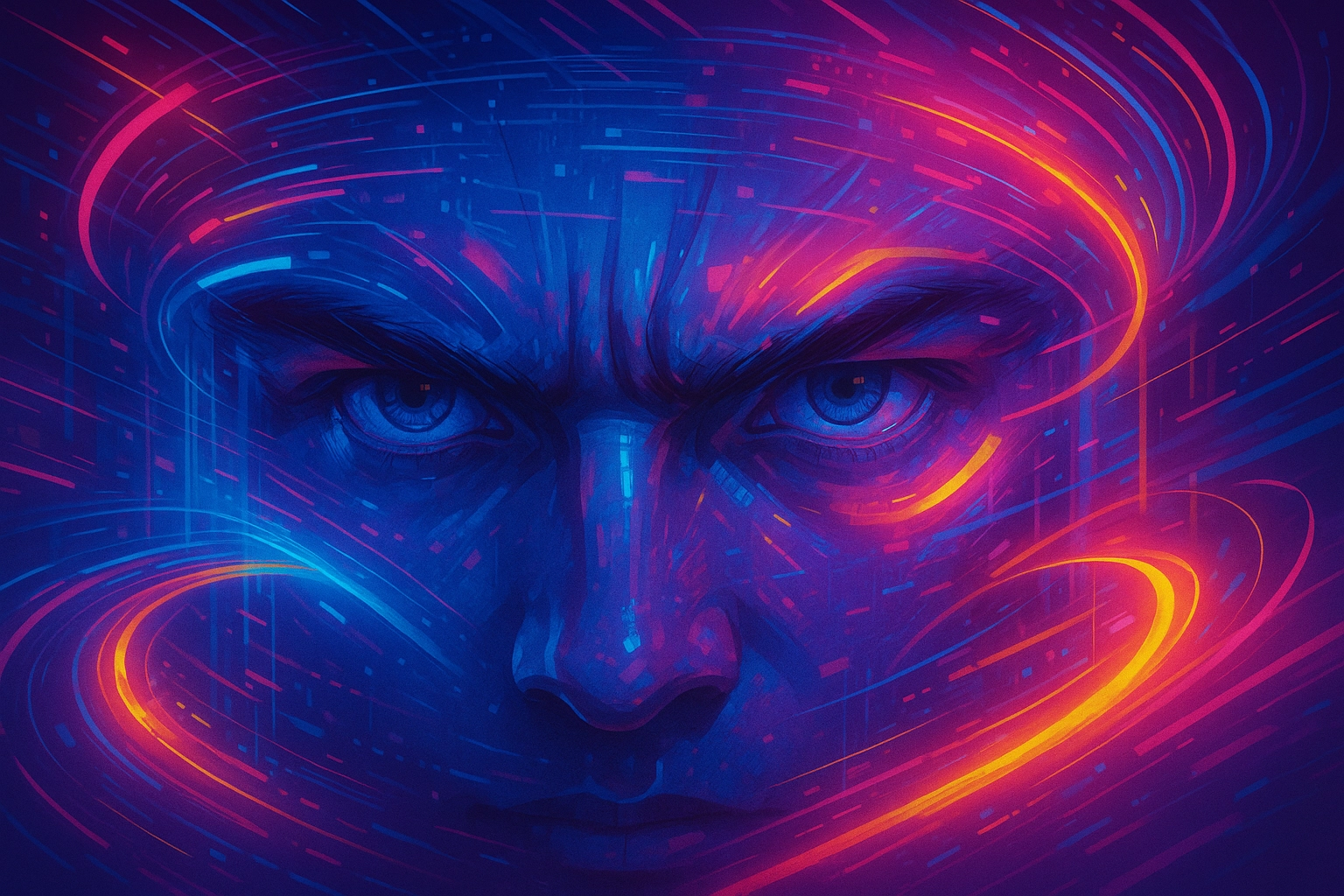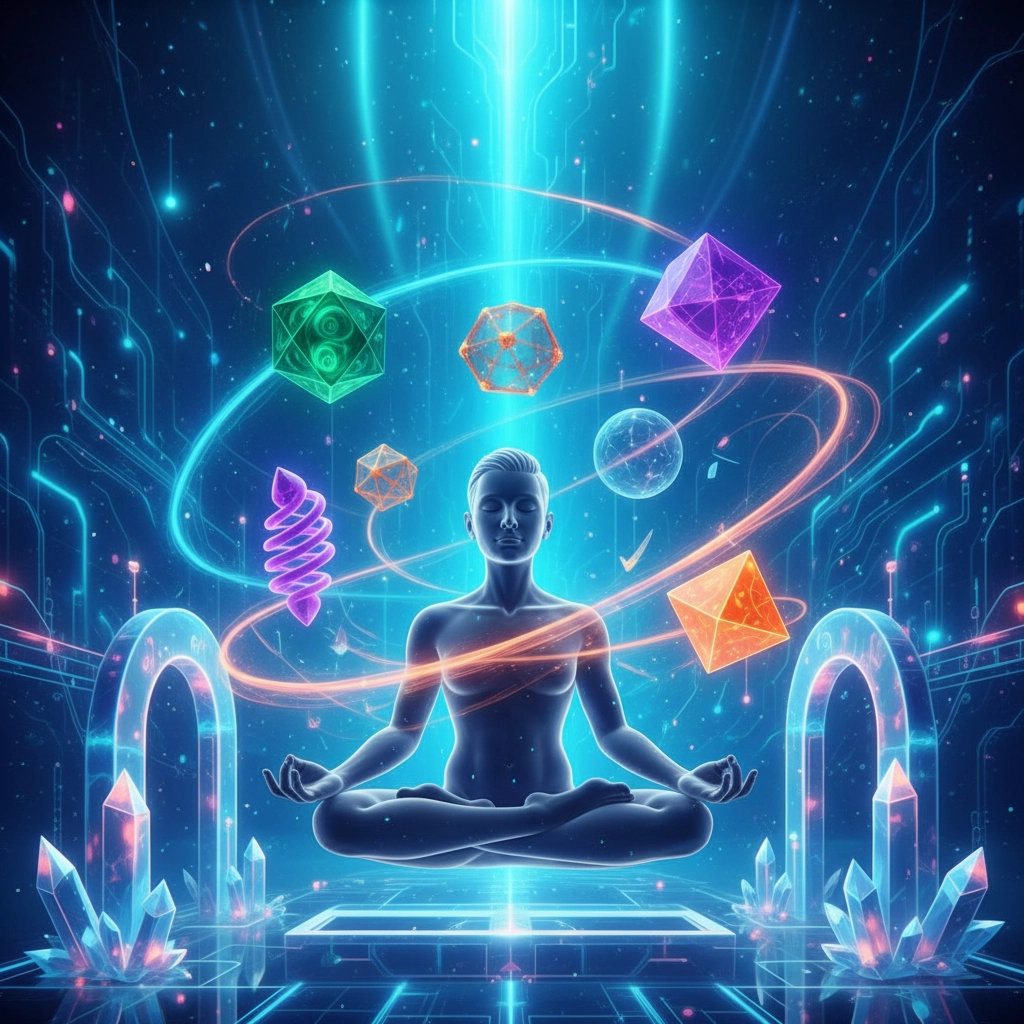Champion Mindset: The Psychological Edge Behind Creator Athlete Success

What separates the creator who makes fitness content from the creator who actually competes at elite levels? It's not just training harder or having better equipment. The real game-changer is what happens between the ears.
The champion mindset isn't some mystical concept reserved for Olympic athletes. It's a learnable psychological framework that's transforming content creators into legitimate competitors across sports. And if you're serious about making that leap from influence to athletic excellence, understanding this mental edge is non-negotiable.
The Four Pillars That Build Champions
Mental toughness forms the backbone of every successful creator athlete, but it's built on four specific pillars that work together like a perfectly tuned machine.
Commitment to Excellence goes deeper than posting daily workout videos. It's the relentless pursuit of improvement in every aspect of performance, even when the cameras aren't rolling. Creator athletes who master this pillar treat their training with the same intensity they bring to content creation – except now they're optimizing for podium finishes, not just views.
Unshakeable Confidence is what allows a fitness influencer to step into their first powerlifting competition without feeling like an imposter. This isn't fake-it-till-you-make-it confidence. It's built through thousands of hours of preparation and the deep knowledge that you've done everything possible to succeed.

Laser-Focused Concentration becomes crucial when you're competing in front of crowds instead of cameras. Champion creator athletes learn to block out everything – the spectators, the pressure, even their own inner critic – and focus solely on executing their technique.
Composure Under Pressure separates those who crumble in their first real competition from those who thrive. It's the difference between the creator who talks about mental toughness and the creator athlete who demonstrates it when it matters most.
Growth Mindset: The Secret Weapon
Here's where most fitness influencers get it wrong. They think their current skill level or natural ability defines their ceiling. Champion creator athletes operate from a completely different playbook.
The growth mindset isn't just believing you can improve – it's understanding that your genetics and natural talents are just your starting point, not your destination. Every elite creator athlete I've worked with shares this fundamental belief: intelligence, skill, and athletic ability can be developed through persistence and strategic effort.
This mindset shift is massive. Instead of thinking "I'm not built for this sport," champion-minded creators think "I'm not built for this sport yet." That one word changes everything.

Take mastery mentality – the conviction that you can always improve, no matter how good you already are. Creator athletes with this mindset approach every training session like there's something new to discover. They act as if hard work always pays off, because in their experience, it does.
The Obsession Factor: What Sets Legends Apart
Let's talk about something most people won't tell you: champions are obsessed. Not in an unhealthy way, but in a way that drives them to examine details others ignore.
Think about Kobe Bryant's approach. He didn't just train hard – he studied the game. He sought out Magic Johnson, Michael Jordan, and Larry Bird to understand their thought processes. He was obsessed with the "ins and outs" of excellence.
Creator athletes who make the transition successfully show this same pattern. They don't just master their sport – they become students of the mental game. They analyze their competitors, study technique videos frame by frame, and seek mentorship from athletes who've walked the path before them.

This obsession extends beyond physical training into psychology, nutrition, recovery, and strategy. While other creators are focused on their next viral moment, champion-minded creator athletes are diving deep into performance optimization.
Practical Psychology Techniques That Work
The psychology of championship performance isn't theoretical – it's practical. Here are the techniques that actually move the needle for creator athletes making the transition to competitive sports.
Self-Confidence Building starts with reframing your internal dialogue. Instead of "I hope I don't embarrass myself," champion creator athletes think "I'm here to show what I've learned." This shift from hoping to avoid failure to expecting to demonstrate competence changes your entire physiological response to competition.
Pressure Management becomes crucial when you're no longer performing for a camera you control, but in environments where anything can happen. Breathing techniques, visualization, and goal-setting frameworks help transform nervous energy into focused execution.
The breathing technique that works best for creator athletes transitioning to competition is the 4-7-8 method: inhale for 4 counts, hold for 7, exhale for 8. It activates your parasympathetic nervous system and brings you back to center when competition nerves kick in.

Concentration and Focus development allows you to completely immerse yourself in the demands of each moment. This skill proves invaluable during competitions where mental lapses can determine outcomes. Champion creator athletes learn to block out everything except the immediate task at hand.
Building Your Champion Mindset
Developing champion psychology isn't about flipping a switch – it's about consistent, intentional practice. Here's how creator athletes who successfully make the transition approach this mental training.
First, they project what I call an "aura of confidence." This isn't arrogance – it's the quiet certainty that comes from thorough preparation. When you walk into your first competition, your competitors should sense that defeat isn't in your vocabulary.
Second, they develop leadership capabilities that extend beyond individual performance. Champion creator athletes understand that elevating others elevates themselves. They build relationships with training partners, coaches, and fellow competitors based on trust and mutual respect.
Third, they treat mental conditioning as seriously as physical training. They work with sports psychologists, practice visualization techniques, and develop systematic approaches to handling setbacks and mistakes.

The champion mindset follows you everywhere and influences everything you do. It's not just what you think about during competition – it's how you approach training, how you handle criticism, how you respond to failure, and how you celebrate success.
Your Mental Training Plan
Ready to develop your champion mindset? Here's your starting point:
Week 1-2: Begin daily visualization practice. Spend 10 minutes each day mentally rehearsing perfect performance in your chosen sport. See yourself executing flawlessly under pressure.
Week 3-4: Implement the growth mindset framework. Every time you catch yourself thinking "I can't do this," add the word "yet." Start viewing challenges as opportunities to improve rather than threats to avoid.
Week 5-8: Develop your obsession with details. Choose one aspect of your sport and study it intensively. Watch competition footage, analyze technique, and seek out expert knowledge.
Week 9-12: Practice pressure management techniques. Put yourself in uncomfortable situations – train with better athletes, compete in local events, perform in front of others.
The champion mindset isn't built overnight, but every creator athlete who's made the successful transition to competitive sports started with these fundamentals. The difference between dreaming about athletic success and achieving it often comes down to mastering the mental game.
Your content creation skills have already proven you can build an audience and influence others. Now it's time to channel that same energy into building the psychological foundation that turns creators into champions.






